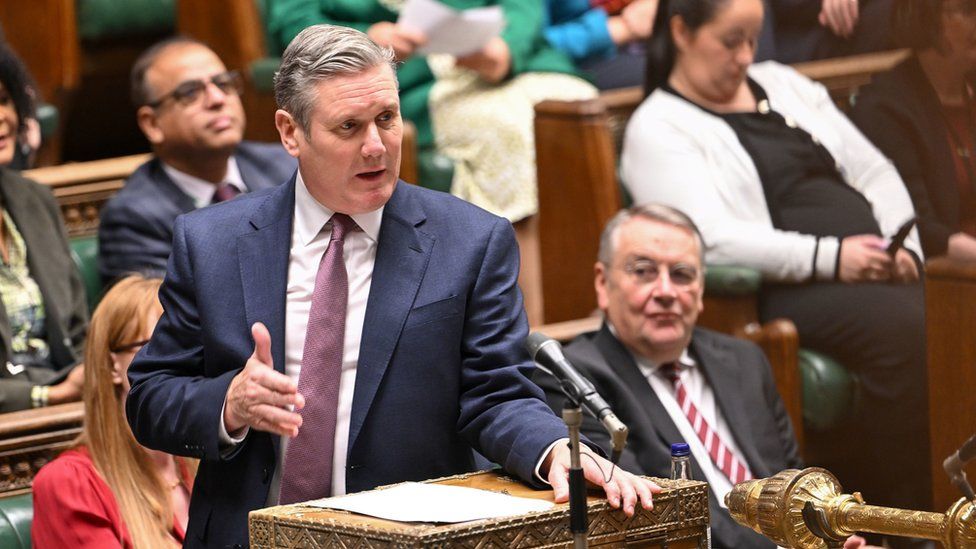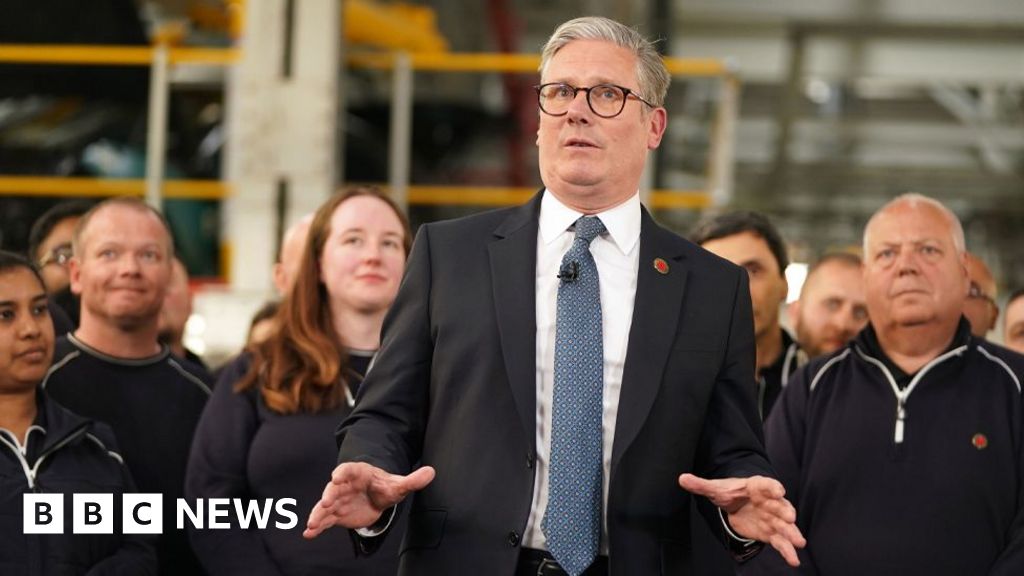ARTICLE AD BOX
 Image source, UK Parliament
Image source, UK Parliament
By Sam Francis
Political reporter, BBC News
The Labour party remains united despite a series of frontbench resignations over the Israel-Gaza war, the shadow defence secretary has said.
Ten of the party's frontbenchers quit to vote for an SNP motion in the Commons calling for a ceasefire in Gaza against the wishes of Sir Keir Starmer.
But John Healey said "the vast majority" of Labour's front bench and the party's MPs had not rebelled.
Speaking to BBC Breakfast, he said Labour was "not a protest party".
Jess Phillips, Afzal Khan and Yasmin Qureshi were among shadow ministers who quit their roles to back an amendment to the King's Speech tabled by the SNP calling for a ceasefire in Gaza.
A Labour motion, tabled by Sir Keir, instead backed a pause in the conflict to allow in more humanitarian aid. Both were heavily defeated.
Sir Keir had stuck to his "principled position" because Labour was "not a protest party", Mr Healey said.
"On the front benches a small number had to resign while the vast majority backed humanitarian pauses - the best way in these circumstances now trying to relieve the suffering - but the deeper unity of the Labour Party was clear last month," he added.
He said it was "always sad to lose frontbenchers", but "I know all of them wrestled with this difficult decision, I know all of them have said that they want to see Keir Starmer in 10 Downing Street and will work with us to secure a Labour government."
'Constituents, head and heart'
Sir Keir had signalled before the vote that MPs holding a frontbench role would be sacked if they backed the ceasefire call.
Announcing she was quitting her role as shadow domestic violence minister, Ms Phillips said she was voting with "my constituents, my head, and my heart".
"I can see no route where the current military action does anything but put at risk the hope of peace and security for anyone in the region now and in the future," she added.
In a statement after the vote, Sir Keir said he regretted "some colleagues felt unable to support the position tonight".
"But I wanted to be clear about where I stood, and where I will stand," he said.
Israel had suffered "its worst terrorist attack in a single day" at the hands of Hamas on 7 October, he added.
"No government would allow the capability and intent to repeat such an attack to go unchallenged."
Ceasefire vote
The vote was on an SNP amendment to a government motion on its plans for the year ahead, presented in the King's Speech last week.
It called for an end to the "collective punishment of the Palestinian people" and urged "all parties to agree to an immediate ceasefire".
It was defeated by 125 votes to 294, with 56 Labour rebels joining other opposition parties against the Conservatives who opposed it.
There are 29 Labour MPs in the shadow cabinet - none of whom rebelled - but around half of the party's 198 MPs hold some kind of frontbench position, including as whips in charge of party discipline.
Labour, like the Conservative government, the United States and the European Union, is calling for "humanitarian pauses" to help aid reach Gaza.
Compared with a formal ceasefire, these pauses tend to last for short periods of time, sometimes just a few hours.
They are implemented with the aim of providing humanitarian support only, as opposed to achieving long-term political solutions.
Last week, the US said Israel would begin to implement daily four-hour military pauses in areas of northern Gaza.

 1 year ago
39
1 year ago
39








 English (US) ·
English (US) ·